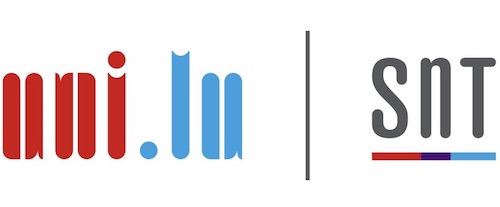Implementation and Validation of a Localisation Assurance Service Provider
Interdisciplinary Research Group in Socio-technical CybersecurityImplementation and Validation of a Localisation Assurance Service ProviderChen Xihui, Harpes Carlo, Lenzini Gabriele, Martins Miguel, Mauw Sjouke, Pang Jun🗎 Abstract:Existing Global Navigation Satellite Systems offer no authentication to the open service signals and so stand-alone receivers are vulnerable to meaconing and spoofing attacks. These attacks interfere with the integrity … Continued
